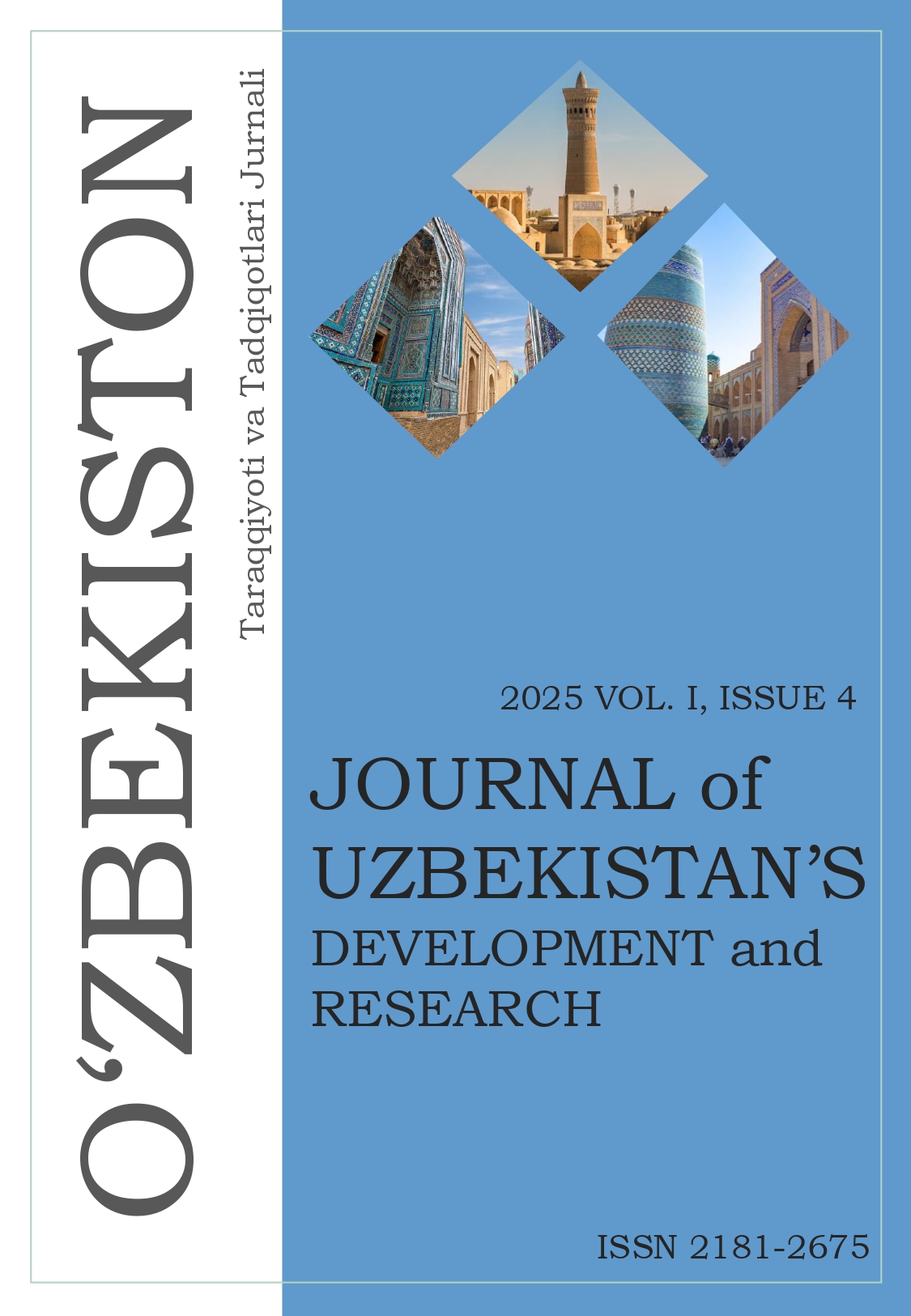THE ROLE OF PHRASEOLOGICAL UNITS IN TRANSLATION THEORY
Keywords:
Phraseological units, Idioms, Translation theory, Equivalence, Cultural context.Abstract
Phraseological units, also known as idioms or fixed expressions, play a pivotal role in translation theory due to their cultural specificity, semantic opacity, and structural rigidity. These expressions often carry meanings that transcend the literal interpretation of their individual components, posing significant challenges for translators. This paper explores the theoretical frameworks that address the translation of phraseological units, highlighting the importance of achieving equivalence at semantic, stylistic, and pragmatic levels. It also examines various translation strategies—such as literal translation, paraphrasing, and the use of culturally equivalent expressions—and evaluates their effectiveness in preserving the original message and cultural context. By analyzing examples from English and other languages, the study underscores the necessity of linguistic and cultural competence in successfully rendering phraseological units. Ultimately, the paper demonstrates that understanding and appropriately translating phraseological units is essential for producing accurate, natural, and culturally resonant translations.
References
1. Амосова, Н. Н. (1963). Основы английской фразеологии. Москва: здательство.
2. Kunin, A. B. (1970). English phraseology. Moscow: Издательство.
3. Виноградов, В. В. (1996). Лексикология английского языка. Москва: Издательство.
4. Рецкер, Я. И. (1934). Методика технического перевода. Москва: Издательство.
5. Butaev, Sh. (2013). English-Uzbek, Uzbek-English dictionary. Tashkent: O'qituvchi.
6. Longman Dictionary of English Idioms. (n.d.). London: Longman.
Published
Issue
Section
License
Copyright (c) 2025 Kholikova Madina (Author)

This work is licensed under a Creative Commons Attribution-NonCommercial-NoDerivatives 4.0 International License.
All Rights Reserved.





